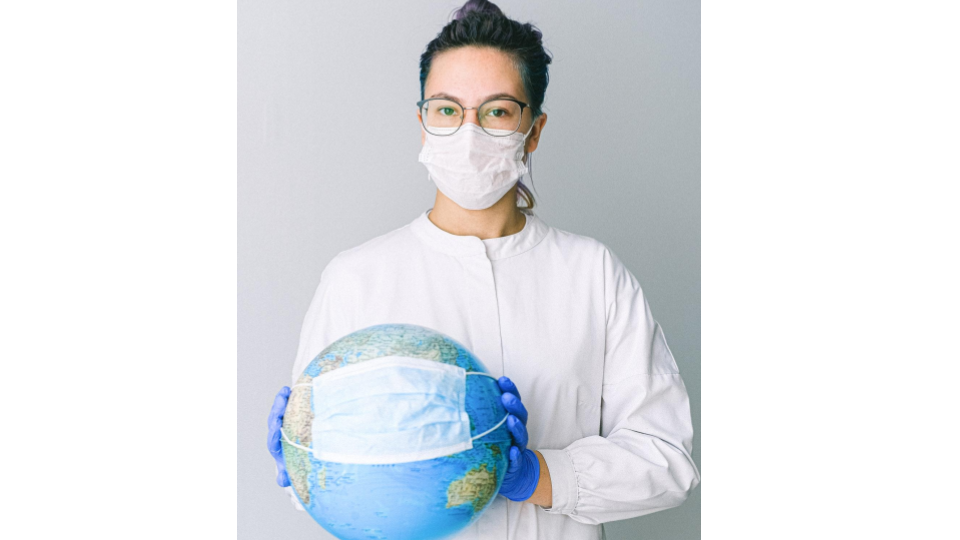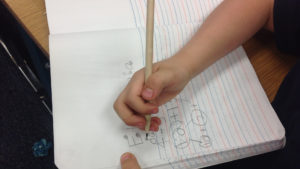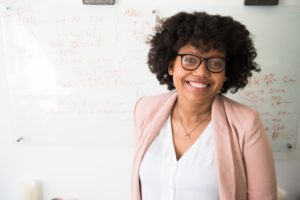More masks for schools

Picture courtesy of Pexels
The Mandela Bay Development Agency (MBDA) joined up with the Nelson Mandela University’s Visual Arts Department to deliver masks to a Summerstrand school.
A parent had suggested that the principal of Cape Recife School apply to the MBDA, part of the Nelson Mandela Bay Municipality, for assistance when it became apparent that schools were to reopen.
This initiative is a follow-up to another recent delivery at Khulile Primary School in Motherwell. Here, the MBDA-operated science and technology centre handed over nearly 200 bottles of sanitiser and 150 cloth masks.
Cape Recife principal, Jacques Hugo, thanked the university and the MBDA for their contribution.
Professor Pieter Binsbergen of the NMU, said: “Cape Recife School is the first stop to receive 100 masks and COVID-19 prevention information fliers as part of the #MaskUpMandela initiative supported through funding by the MBDA.
“It made sense for the university to start here, a neighbouring school for physically challenged learners. We must prioritise the most vulnerable in communities.” The NMU forms part of the university’s Covid-19 responses.
MBDA spokesperson, Luvuyo Bangazi, said: “The agency is satisfied that the most deserving and most vulnerable are receiving support through the partnership with the university. Also important to us is the empowerment and capacitation of smaller enterprises’ inclusive development, as we know that the masks were produced through a co-operative.”
The Nelson Mandela University’s Community Mask Development Project is headed by the Faculty of Humanities. They involved a group of communication and fashion designers from the Fashion and Textile Design and Media and Communication in the development of the designs.
Those involved in the fashion design department, headed by two lecturers, commenced work on reverse engineering patterns and samples for medical scrubs, gowns, aprons and booties in response to the Humanities faculty’s anticipation of the need for locally produced PPEs for the requirements of medical teams.
All items produced will feed a community project which has been sparked by the #Masks4all initiative and inspired by other mask making movements happening globally. Local cut, make and trim companies, garment manufacturers and designers will all participate in producing the equipment in large numbers.
For the Community Mask Development Project that Nelson Mandela University is frontlining, the lecturers Raquel Adriaan and Tyrone James say they have produced eight different test masks. Two were submitted for the final proposal. Designs were deliberately kept simple to ensure mask makers can run them up easily.



